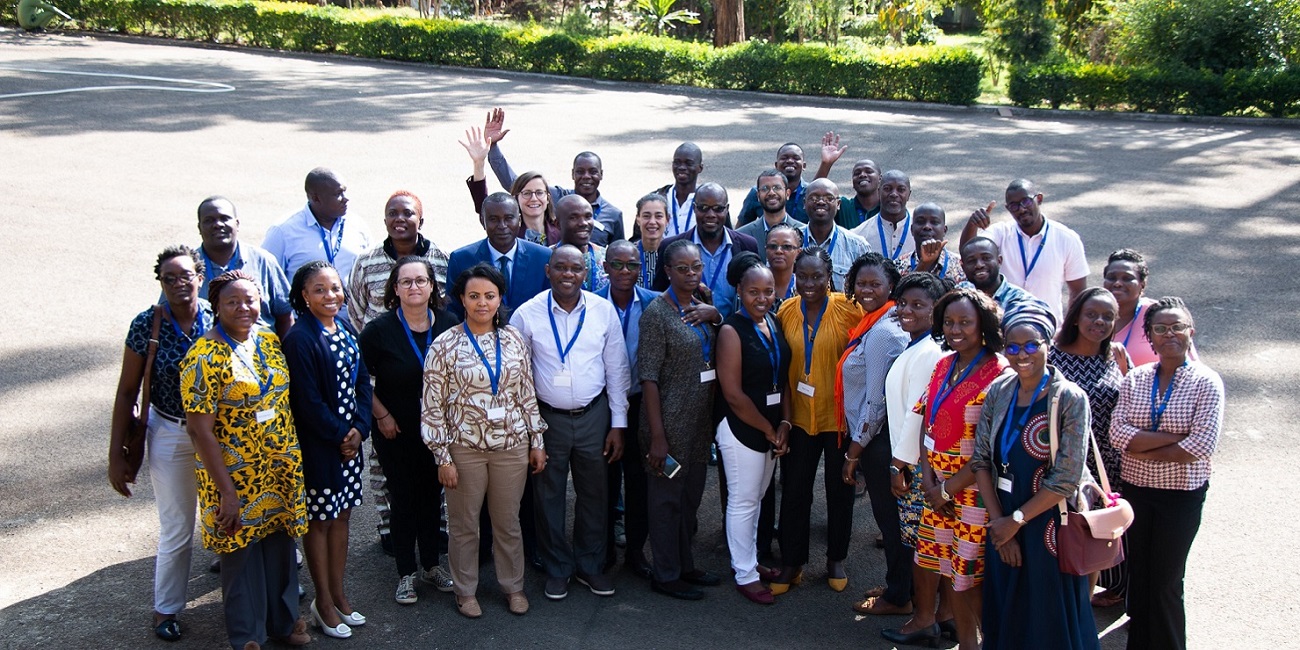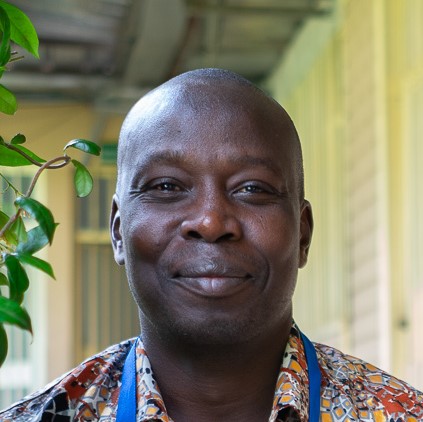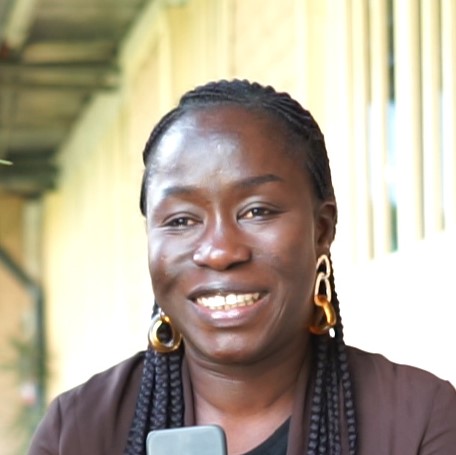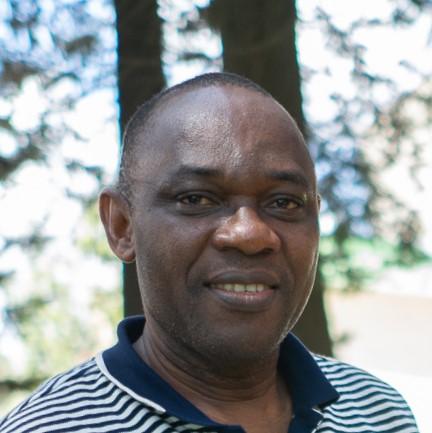
The researchers involved in the newly funded collaborative projects are all already involved in LIRA funded projects, but this funding supports teams that bring together representatives from two or more projects that have not previously worked together. The aim is to compare and synthesize knowledge from different projects in order to help scale up their societal, environmental and intellectual benefits, and to advance scientific understanding of urban sustainable development in African cities.

Henri S. T. Vodounon, University of Parakou, Benin
‘Our collaborative efforts will seek to achieve sustainable social change on sanitation, water and health risk, using an elaborated eco-health model for the West African coastal urban zone.’
By supporting researchers to collaborate with new partners in different countries, the grants will also facilitate networking among the researchers involved in the LIRA2030 programme, and boost their publication records.

Sokhna Thiam, one of researchers leading a collaborative project at IRESSEF, Senegal
‘The grant provides an opportunity for intellectual advancement and for practical insights into the contribution of transdisciplinary research (TD) to the SDGs implementation through knowledge exchange, methods, and concepts sharing. The grant gives me an opportunity to publish a joint paper with LIRA grantees. It will increase my chances of being promoted at my institution and of receiving additional grants for upscaling.’
The projects funded are:

Peter Elias, a project leader at the University of Lagos, Nigeria
‘The study shall identify and document the complex challenge of African data governance and the multiplicity of local actors, approaches, priorities/assets/capacities/experiences for integrated data governance. It will develop a methodological framework for the analysis and mapping of stakeholders and institutions and outline different pathways, tools and lessons for the localization, monitoring and implementation of global and local development agendas towards sustainable African cities.’
The anticipated output of each collaboration is a joint academic article. The projects were reviewed by a group of experts working on issues related to urban development in Africa, who assessed proposals with regards to each project’s scientific merit, and the adequacy of its publication plan and potential to produce a scientific article in a peer-reviewed journal. The LIRA Scientific Advisory Committee made a final decision on which projects to award. We look forward to sharing the results of these collaborations with you on the pages of this website in future.